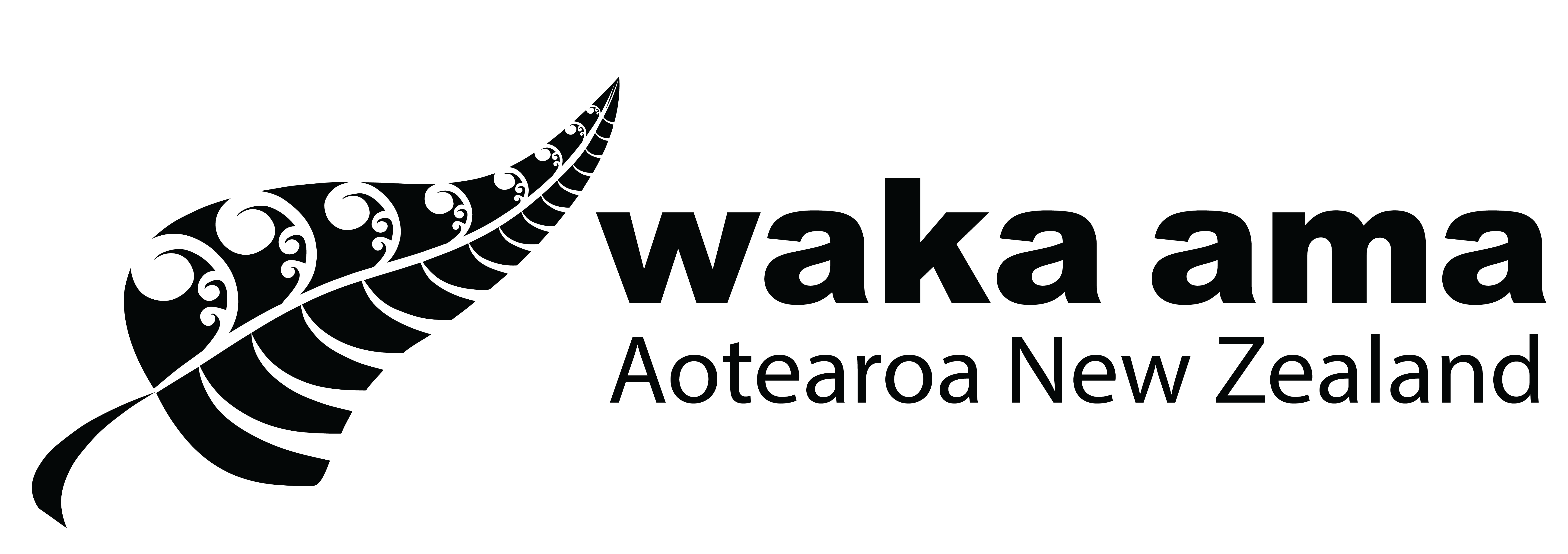Hamilton City's water supply intake was closed down this morning as a precaution after a truck carrying 13 tonnes of urea crashed into the Waikato River at the Narrows, south of Hamilton early this morning.
The truck carrying loose urea fertiliser overturned, sending its load into the river about 7.30am. Downstream water users, such as farmers and Auckland's Watercare Services, were warned to close off their intakes and Environment Waikato launched boats to monitor water quality upstream and downstream of the spill.
The diluted urea reached Hamilton City by about 10.30am. Closing of the intake did not affect Hamilton water supplies, which are fed from a reservoir, but urea raises water's pH, which could unsettle the water treatment process. The intake was reopened about 1pm.
Environment Waikato water scientist Dr Nick Kim said urea itself was regarded as being non toxic to fish and aquatic organisms. The amount spilled would be about 50 times below a lethal level, except close to the spill site. However urea could potentially react to produce ammonia and carbon dioxide in water, and ammonia was toxic to fish at low concentrations.
The spill was not likely to produce enough ammonia to kill fish because the rate of conversion was likely to be slow due to the low river water temperature (about 11 degrees). The conversion rate increased with temperature, acidity - which was not an issue - and the presence of phytoplankton, which was currently low, he said.
The rate of ammonia production was likely to be less than the rate of dilution as the spill dispersed. Urea is widely used on Waikato pasture.
Environment Waikato is testing water quality between the Narrows and the city and should have results this evening. Staff have carried out a detailed survey of the river from Hamilton to the site of the spill and found no dead fish or other adverse effects.
The Council received a number of calls from people concerned about their water supply and asking if they should use bottled water, but this has not been necessary.
Source
Environment Waikato
